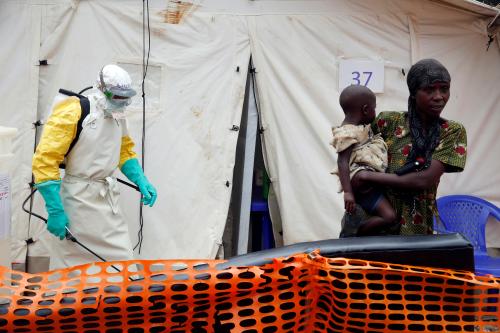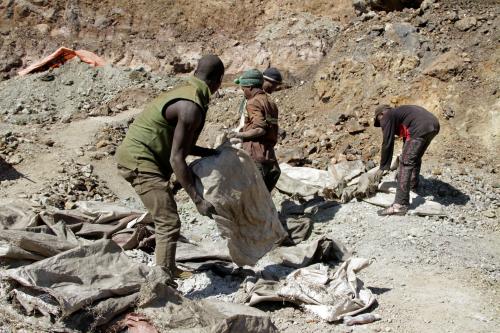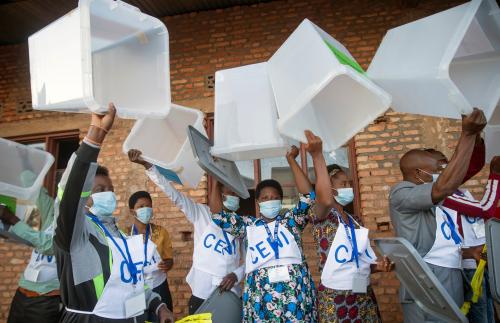Rolling power cuts and land reform moves forward in South Africa
Last week, South Africa’s largest power utility company, Eskom, began implementing daily rolling blackouts to stabilize supply on the power grid. The blackouts are expected to continue for several months as the utility company faces financial and operational challenges. Eskom previously enacted similar grid stabilization measures in 2008 and 2015. The current round of power cuts has been necessitated by plant breakdowns, coal shortages, and construction delays.
The utility company faces deep financial problems with more than $30 billion in debt and an inability to sell enough power to cover costs. Eskom has regularly received government support in the form of bailouts and state guarantees.
According to analysts, prolonged power cuts will likely hurt economic growth in the first quarter of 2019.
In other news, this week, South Africa’s National Assembly approved a report that recommends amending the constitution to make land expropriation without compensation possible. The report is part of an ongoing process to implement land reforms in South Africa where the white minority, traditional leaders, and elites own most of the land. As a next step, the National Assembly approved the creation of a 25-person committee that will draft a new bill on land reform and share it with parliament before April 2019.
Update on Ebola outbreak in DRC
The Ebola outbreak in the Democratic Republic of the Congo (DRC) continued to spread through North Kivu province this week, reaching the city of Butembo and several isolated areas. New cases reported have increased the outbreak total to 458 since it began in August 2018, with a death total of 263 people. According to the World Health Organization, the outbreak is now the second worst in history behind the outbreak in West Africa, which killed more than 11,000 people between 2014 and 2016.
An experimental vaccine has been used to help contain the spread of the outbreak, with more than 42,000 doses administered this year within the DRC. However, a more widespread outbreak in Butembo or other urban areas could render vaccine supplies insufficient. Containing the outbreak has been particularly difficult for health workers due to active conflicts and political instability in the area, and the number of Ebola cases has surged during periods of security deterioration.
Health officials warn that large public gatherings before and during the upcoming general election scheduled for December 23, could pose a future challenge to reducing the spread of the epidemic.
Sudan’s parliament backs constitutional amendment to extend presidential term limits
This week, Sudanese lawmakers backed a constitutional amendment to extend presidential term limits. President Omar al-Bashir, who has been in power since 1989, is currently expected to step down in 2020, when his term ends. President al-Bashir has won both elections since the 2005 constitutional amendment imposed a two term-limit to presidency.
Parliament’s speaker, Ibrahim Ahmed Omar, told reporters that he “received a memorandum from 33 parties representing 294 deputies to amend the constitution with regard to the number of times the president’s candidacy is allowed.” Earlier this year, Sudan’s ruling National Congress Party nominated al-Bashir to run as its candidate in the 2020 elections.
In other news, Zambia’s high court ruled on Friday that President Edgar Lungu may run in the 2021 elections, finding that by doing so, he would not be breaching the two-term constitutional limit. This ruling is based on the technicality of what constitutes a term rather an extension of time in power. Lungu’s first term lasted only for one year and six months and his supporters argue that the constitution says a president is only considered to have served a term if he is in office for at least three of the five-years per term.







Commentary
Africa in the news: South Africa land reform advances, DRC Ebola update, and presidential term limits in Sudan
December 8, 2018